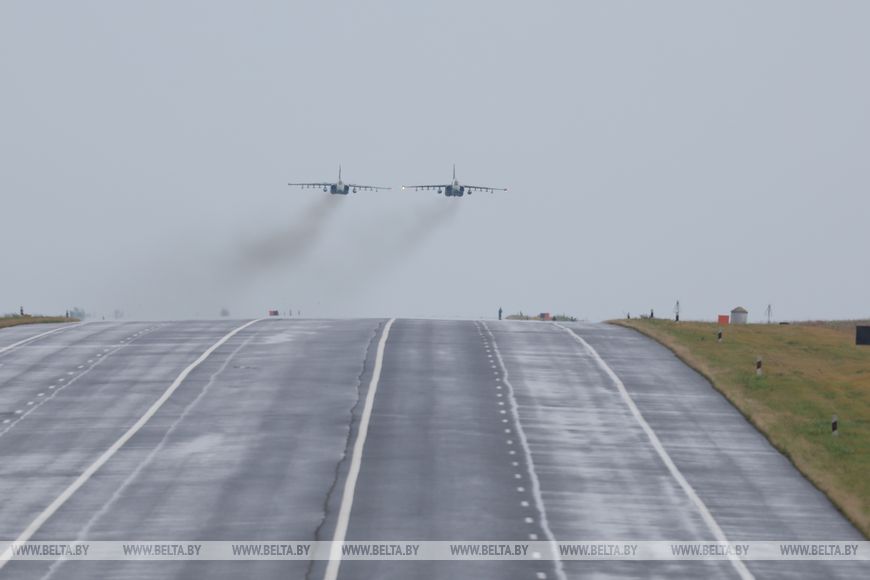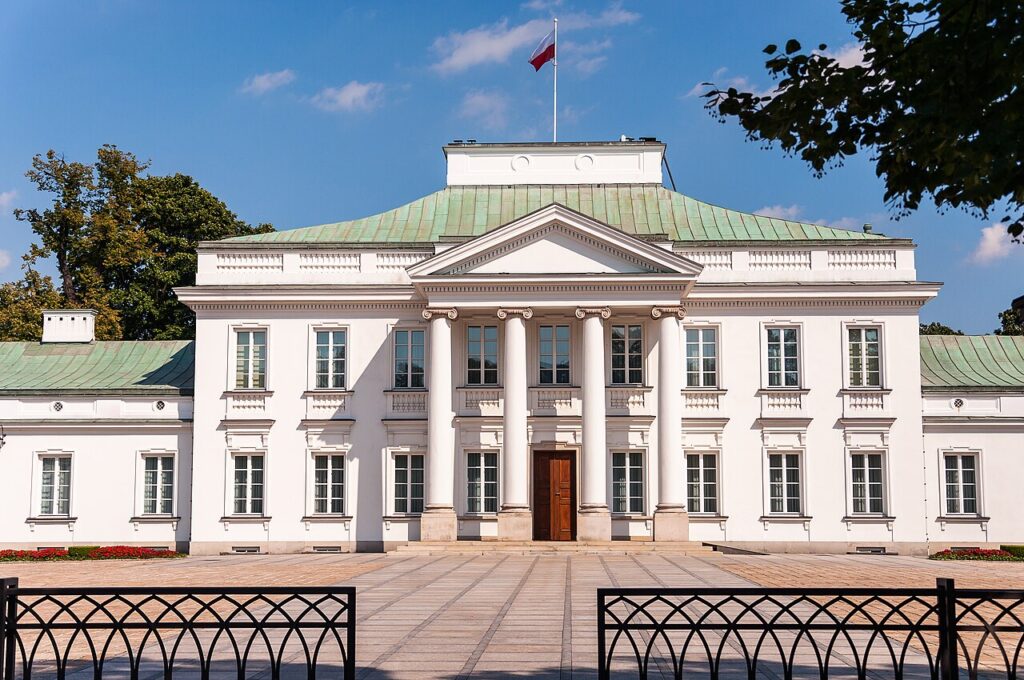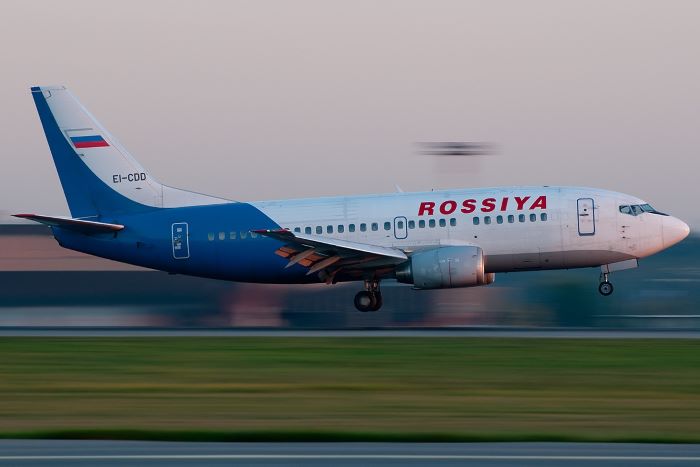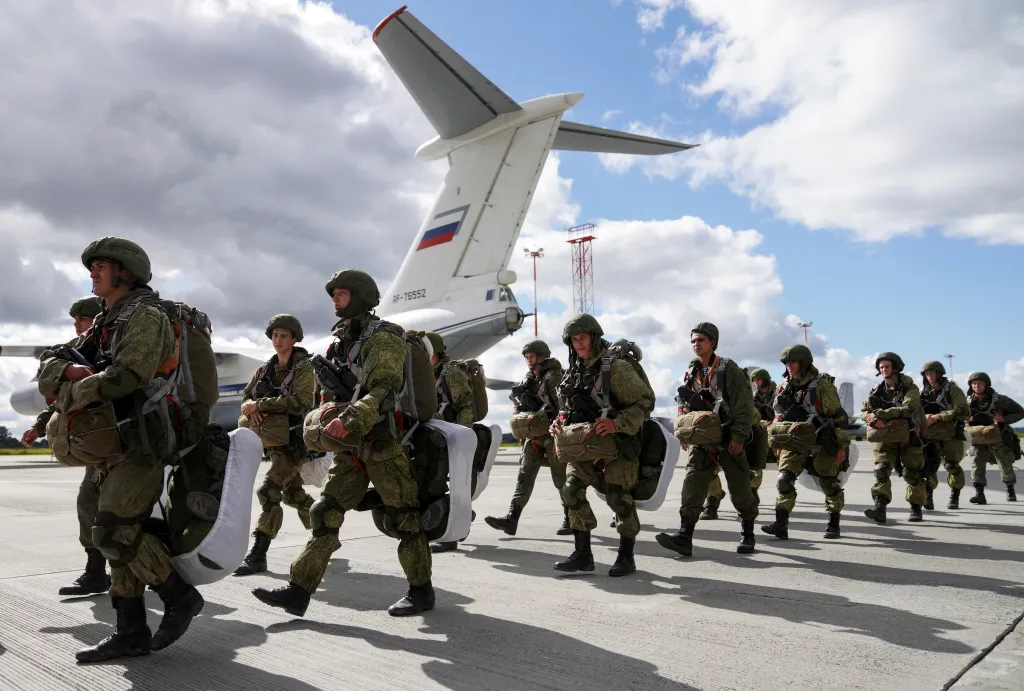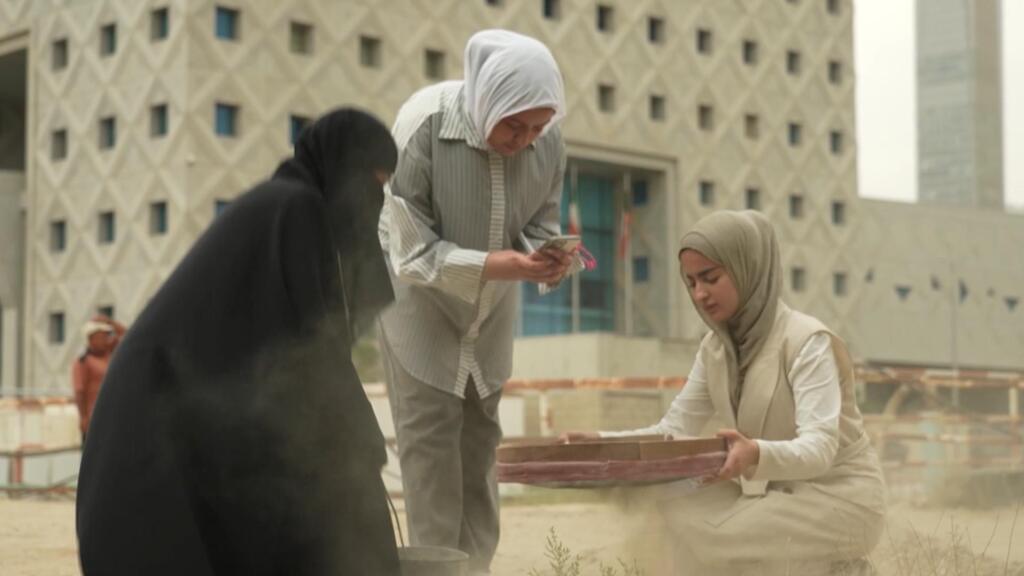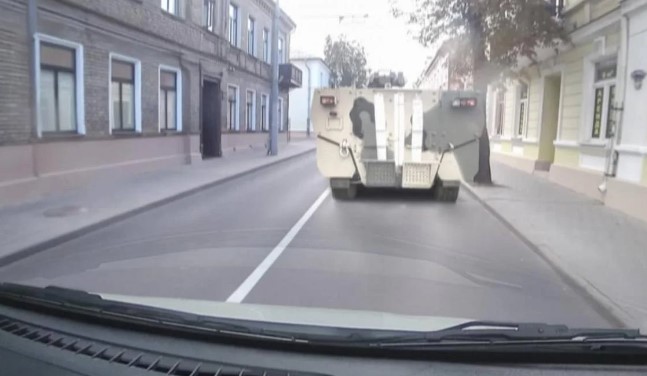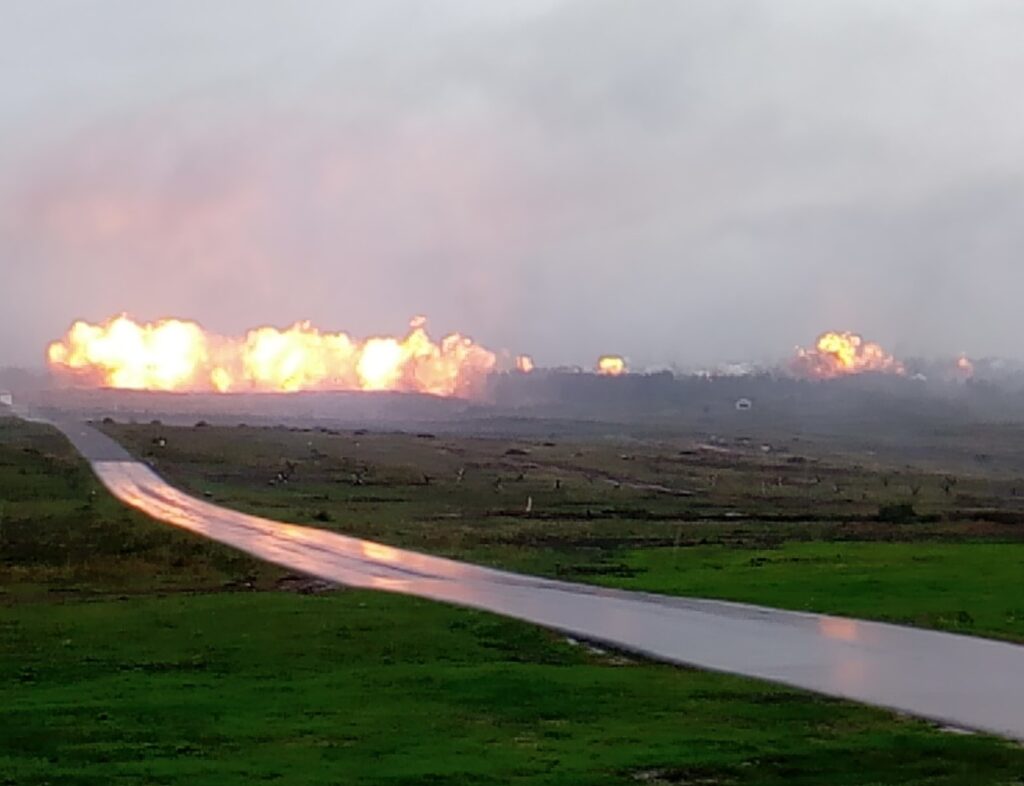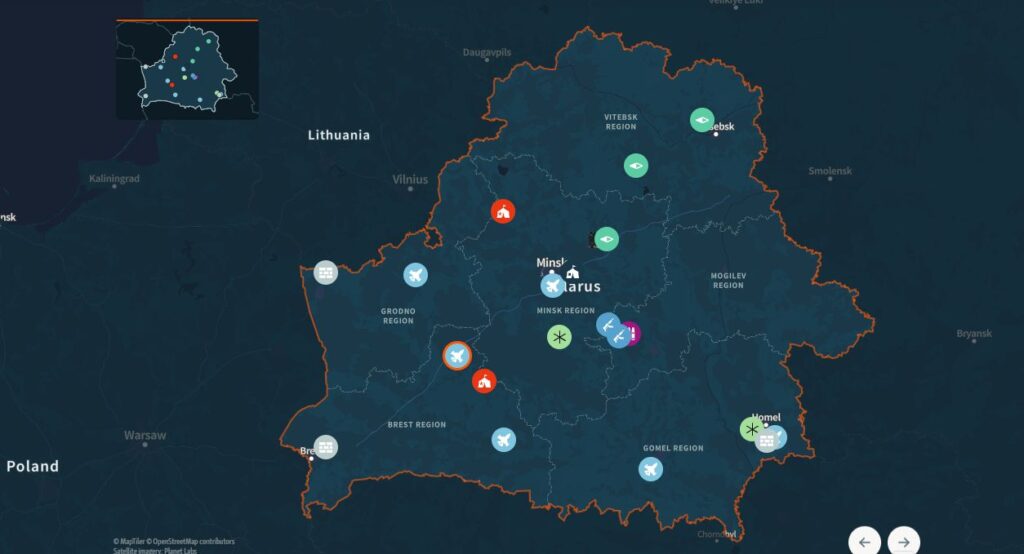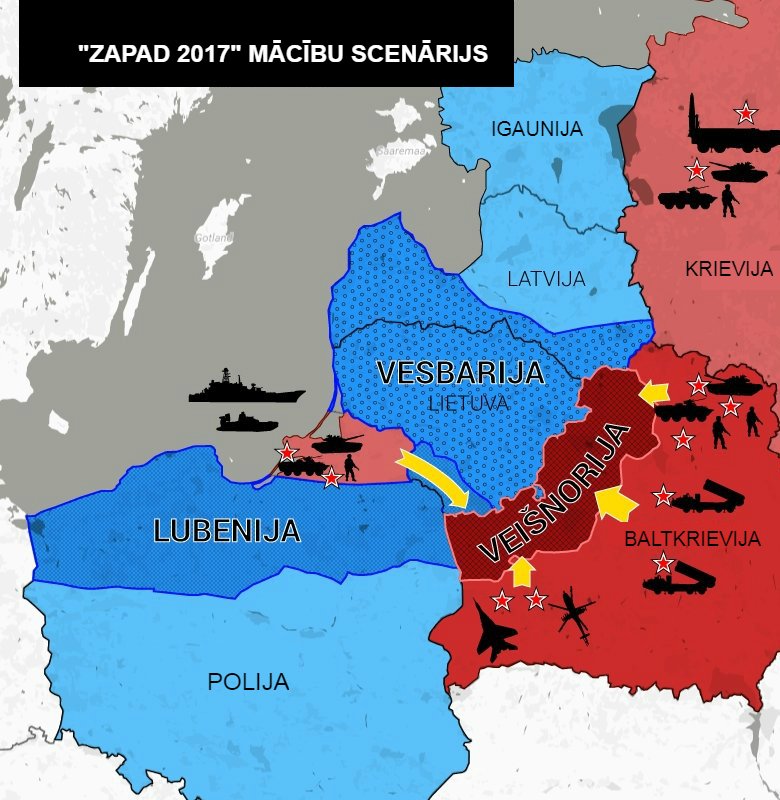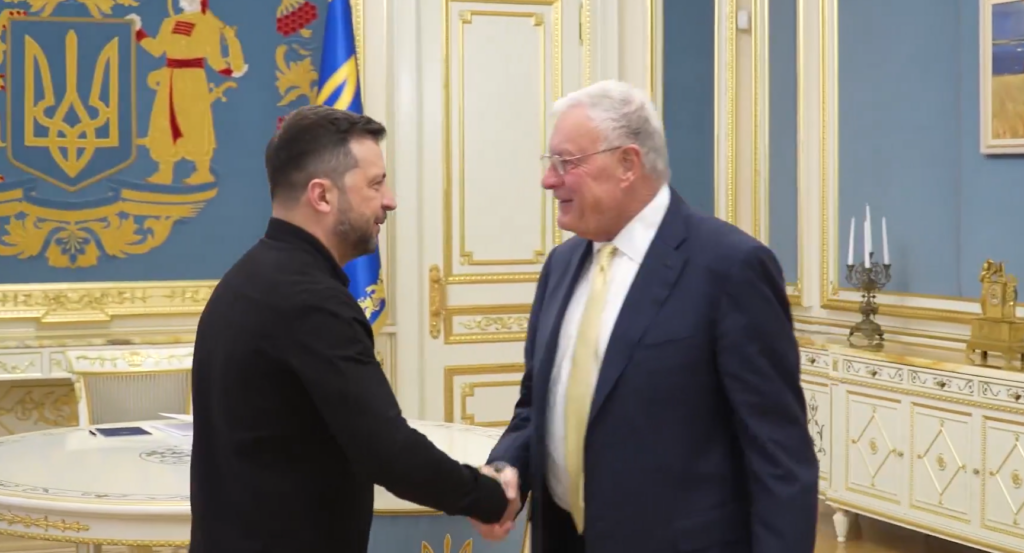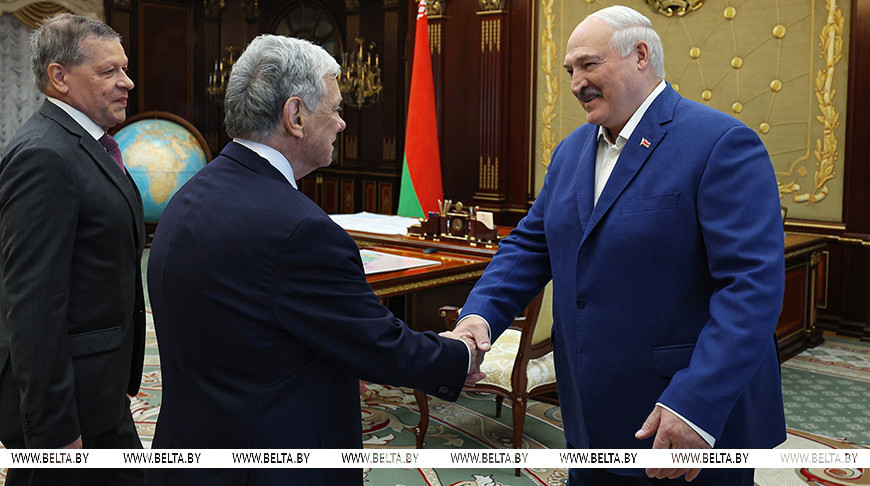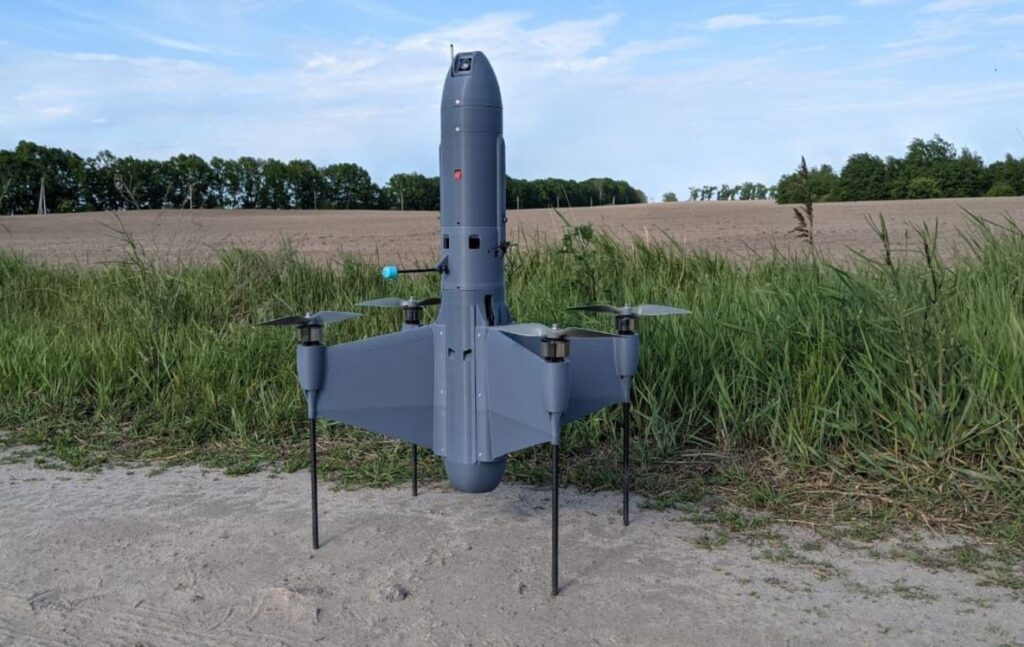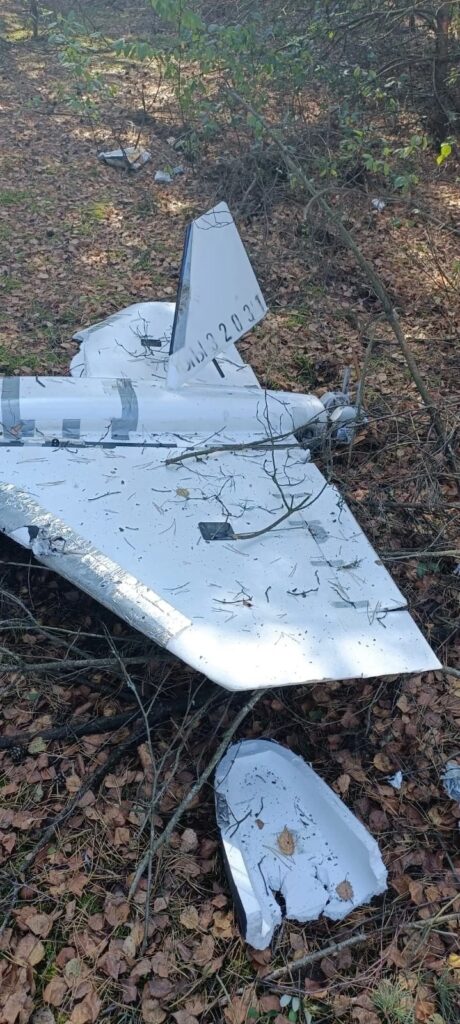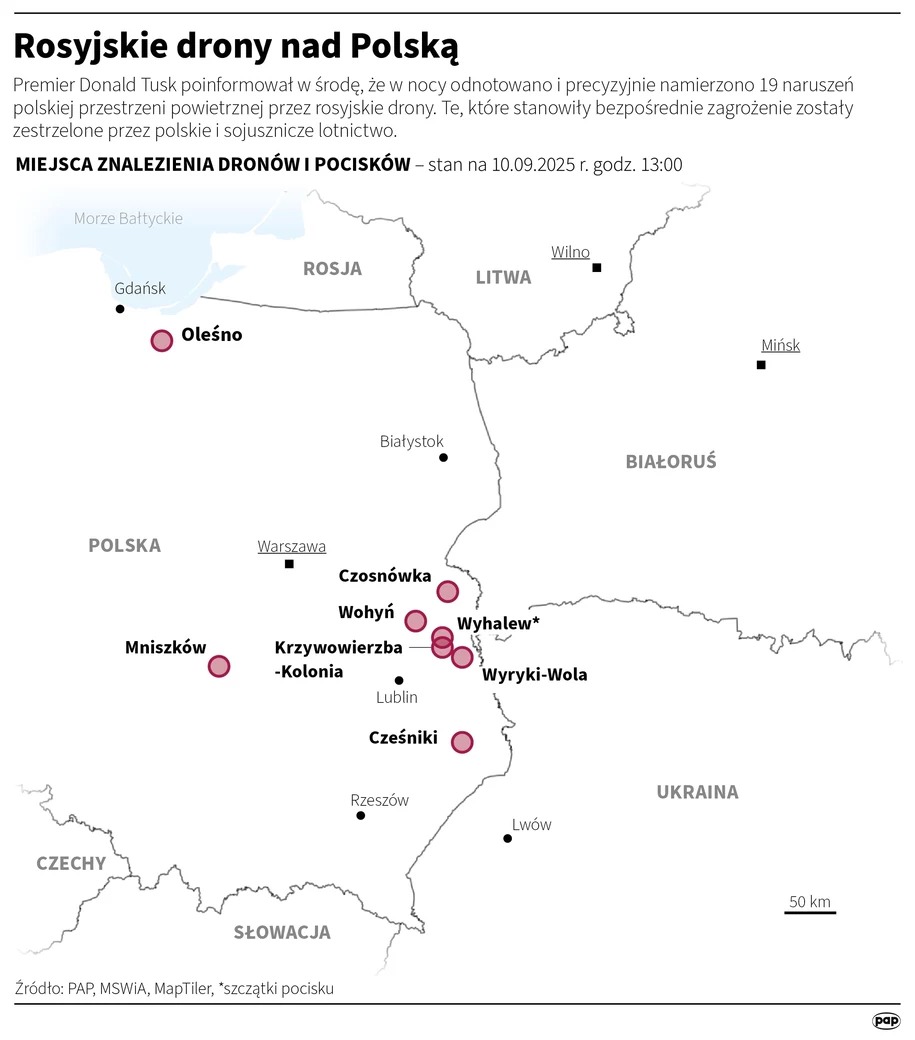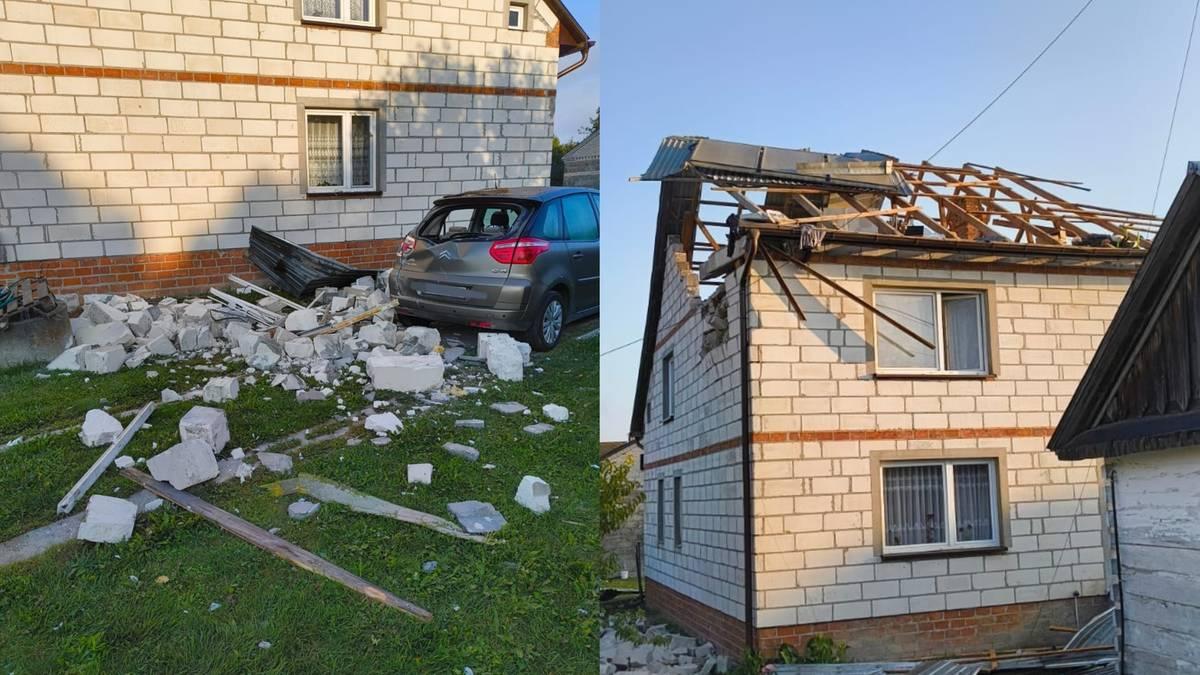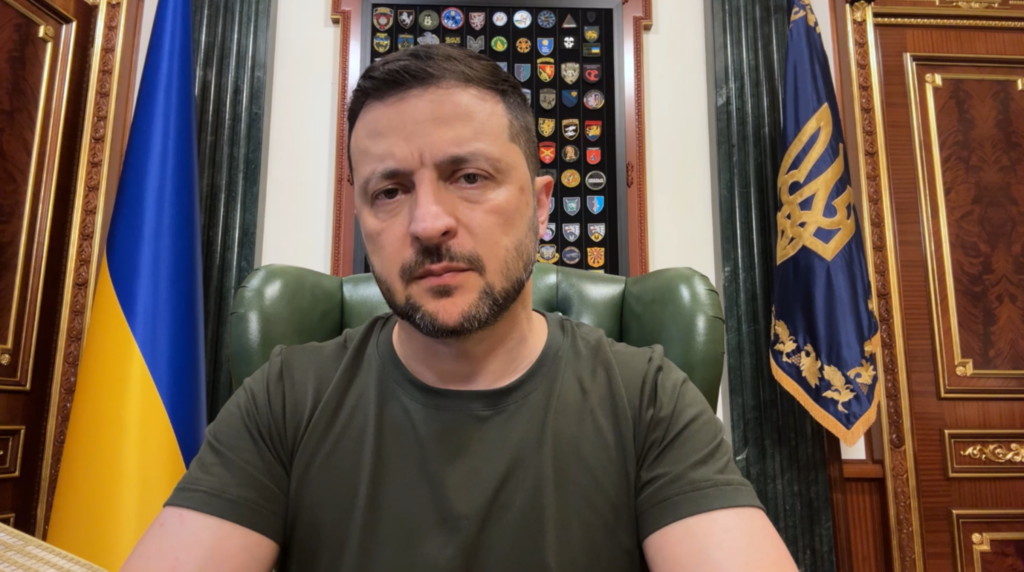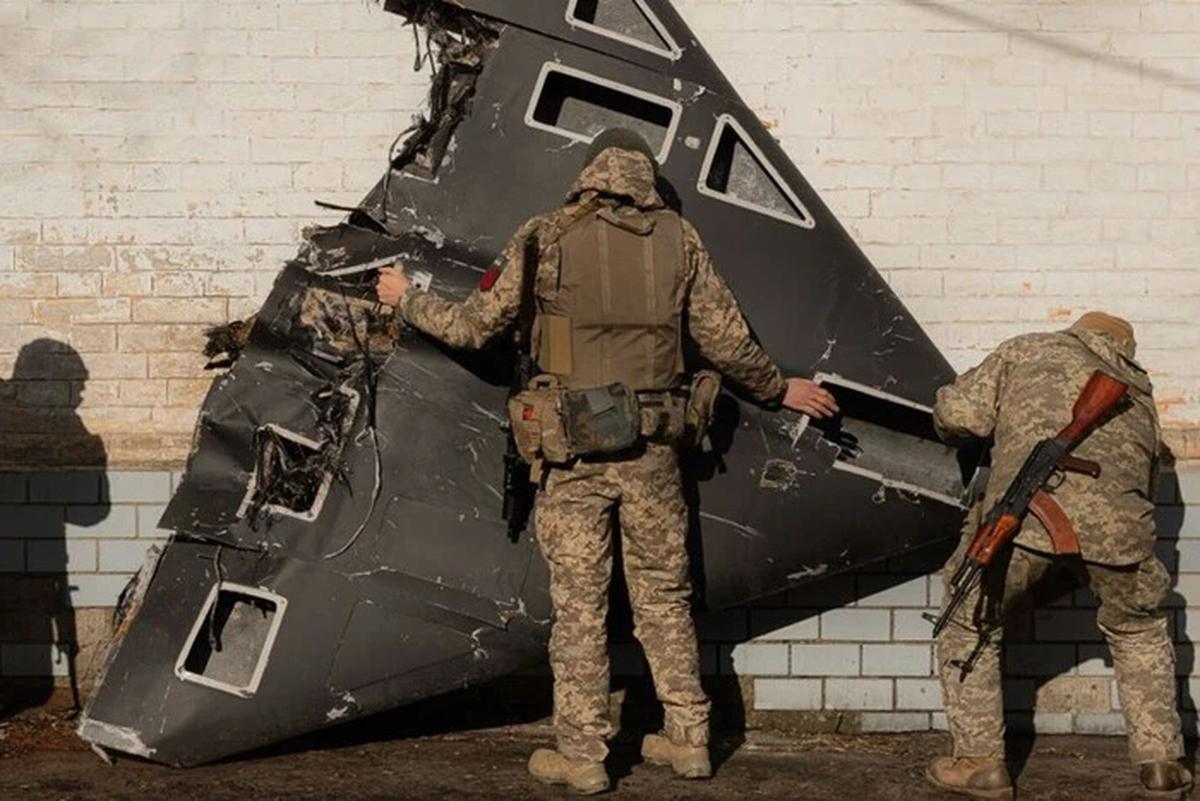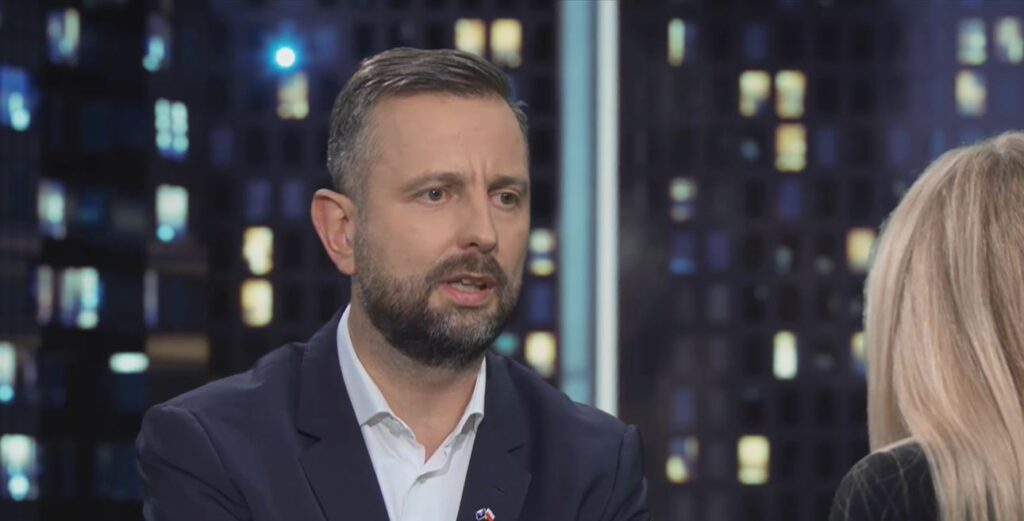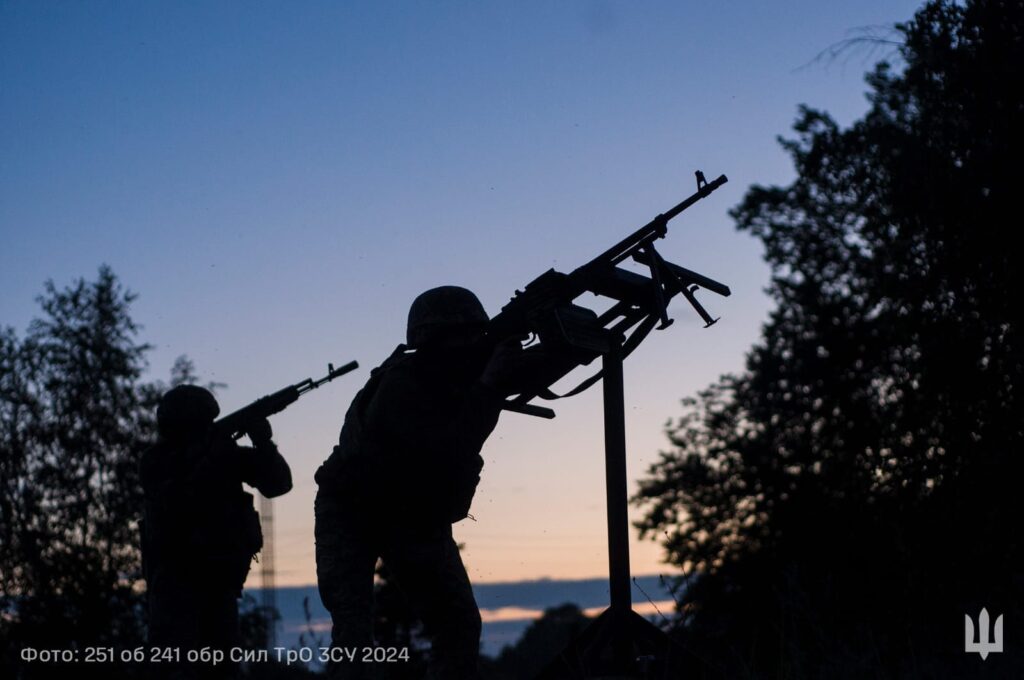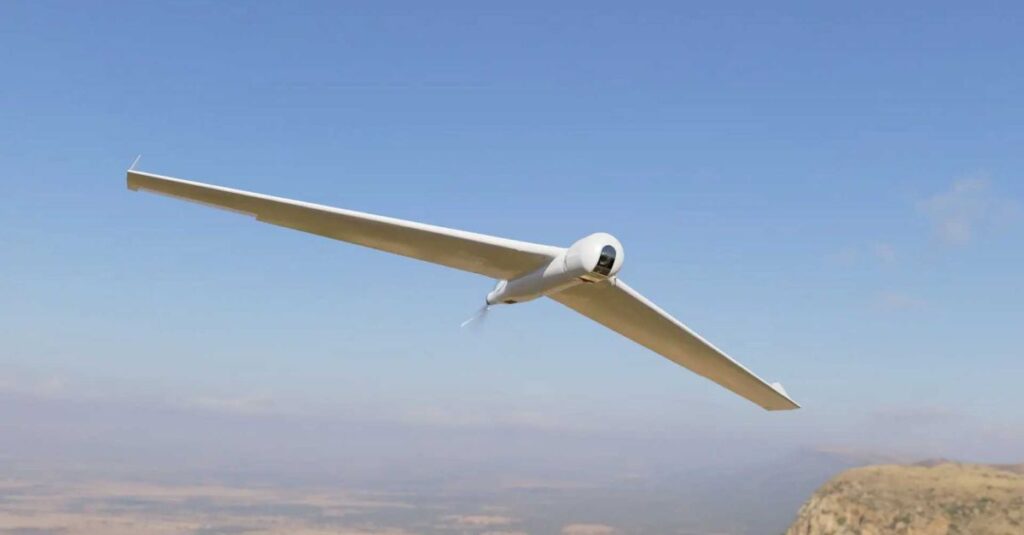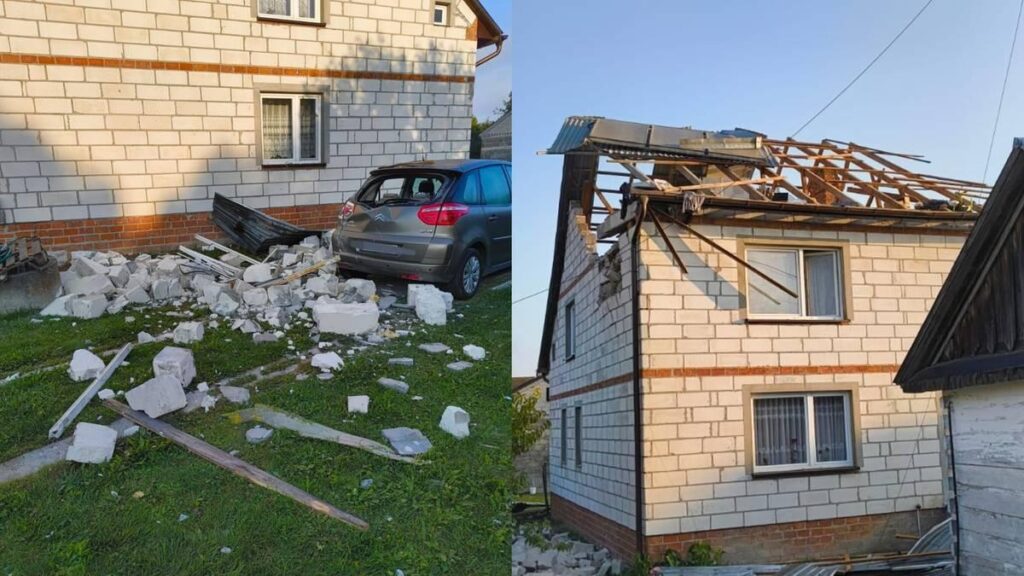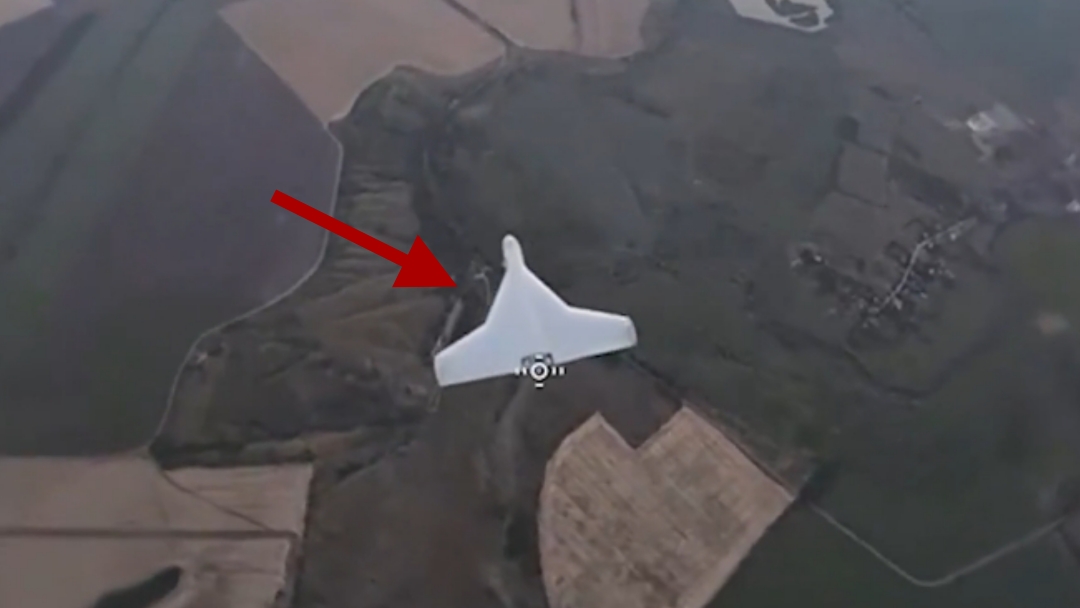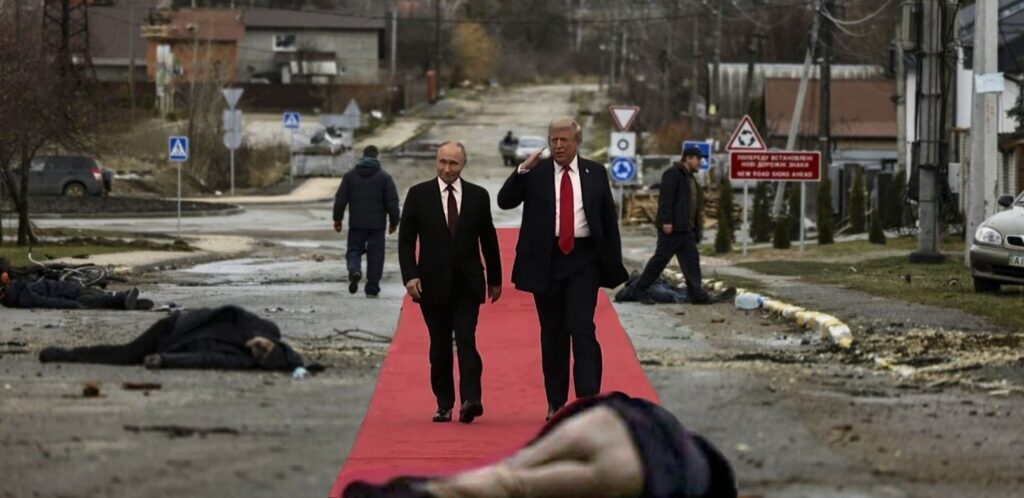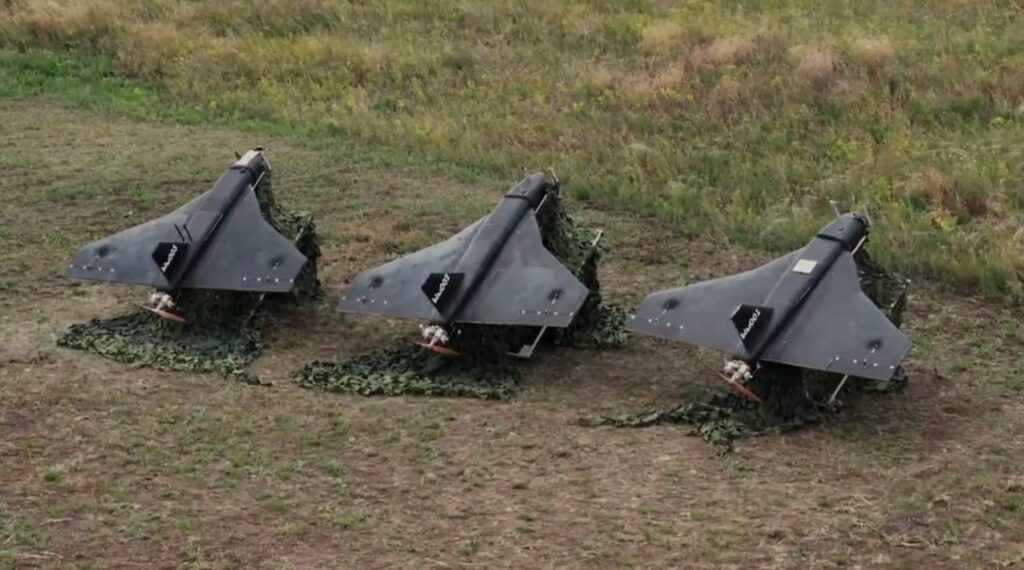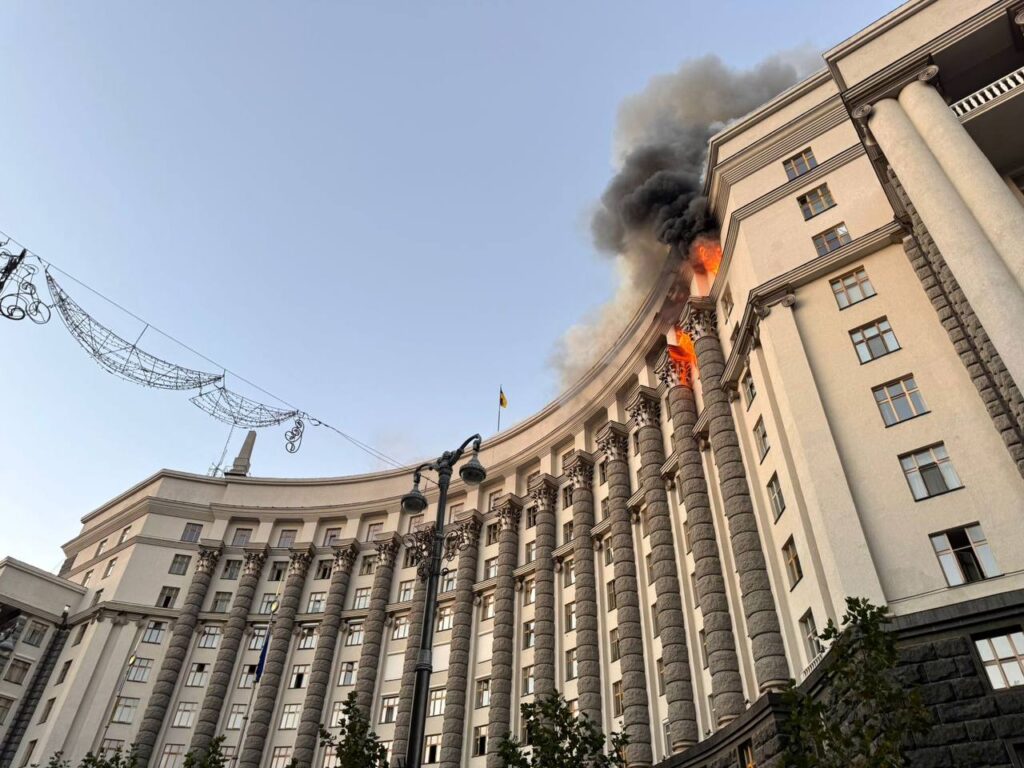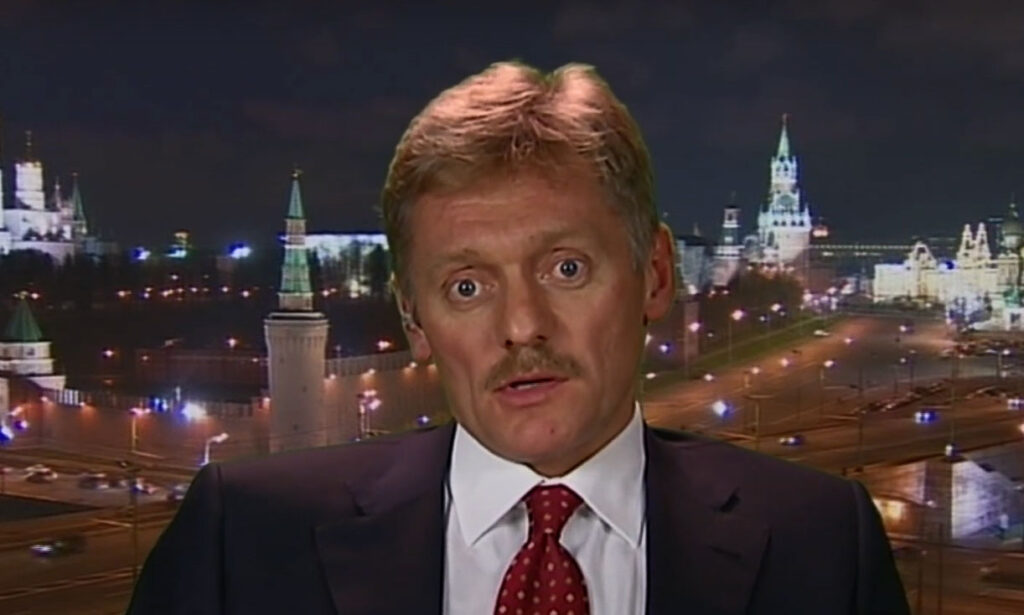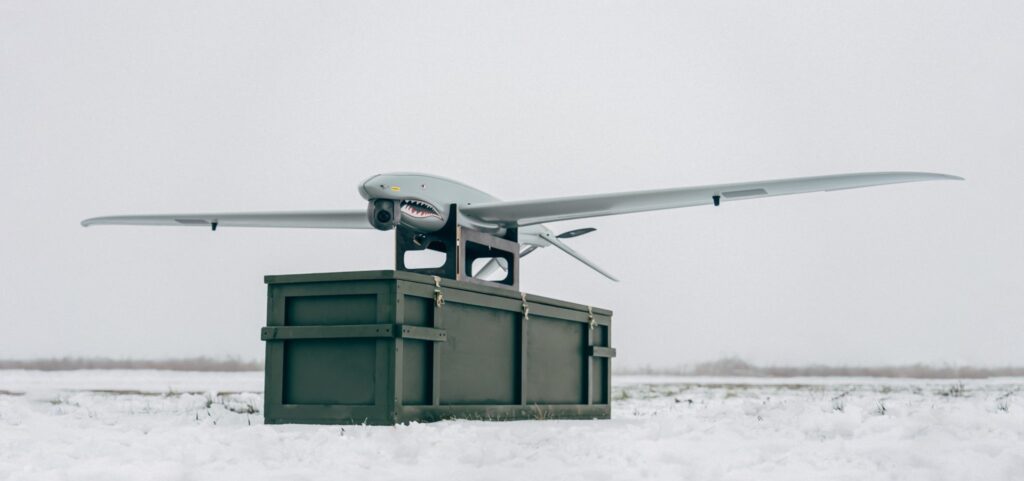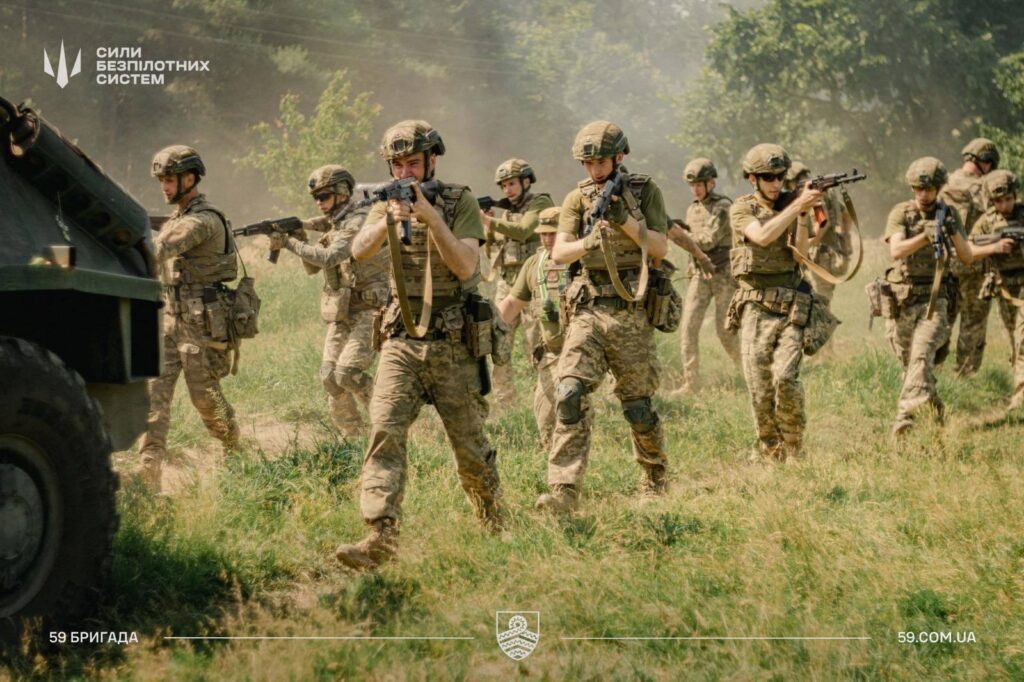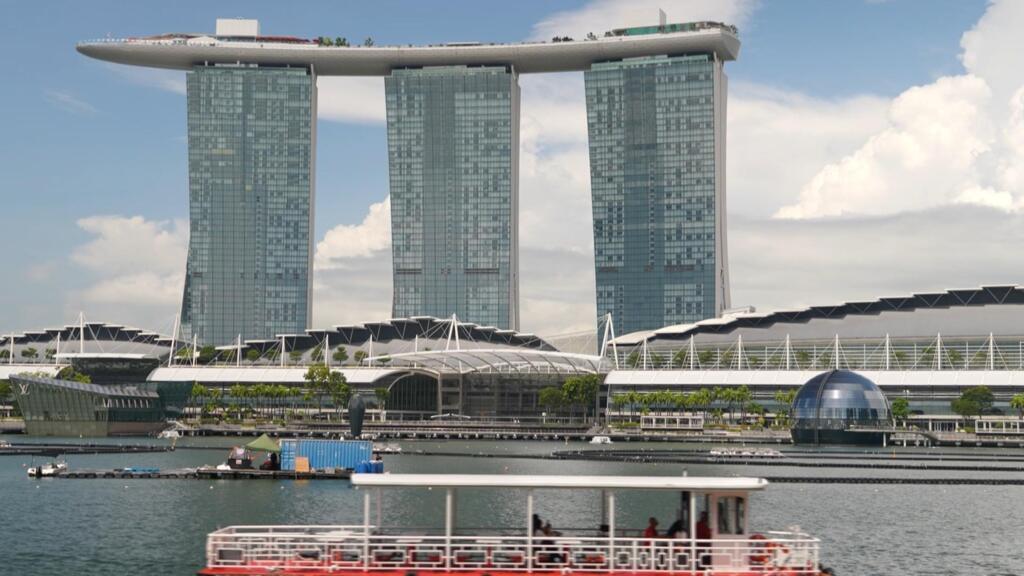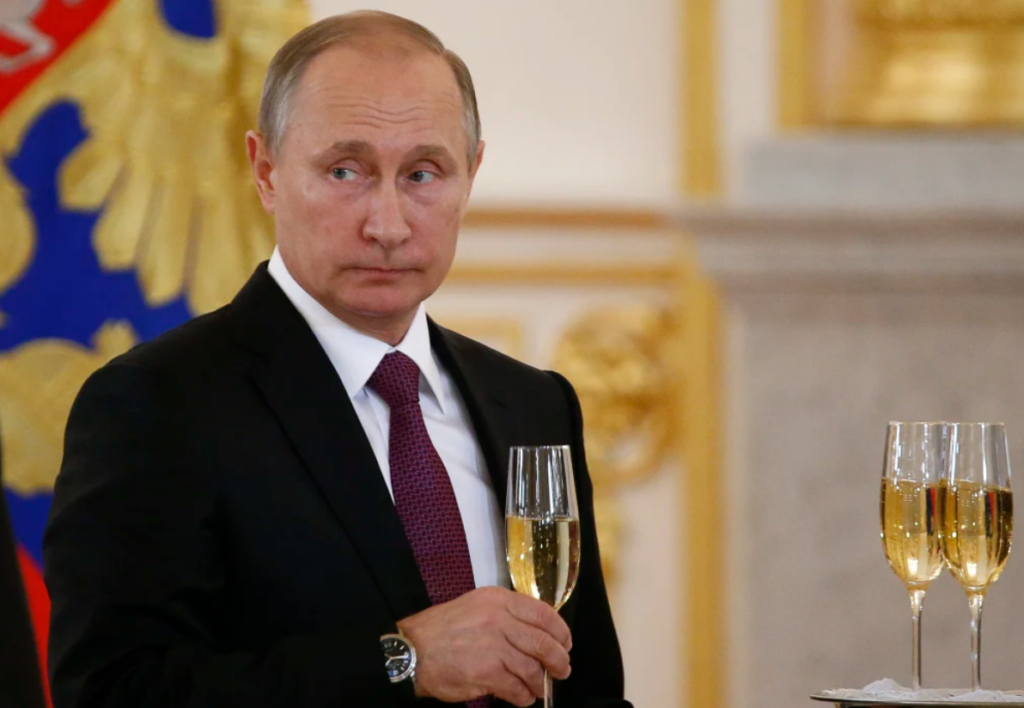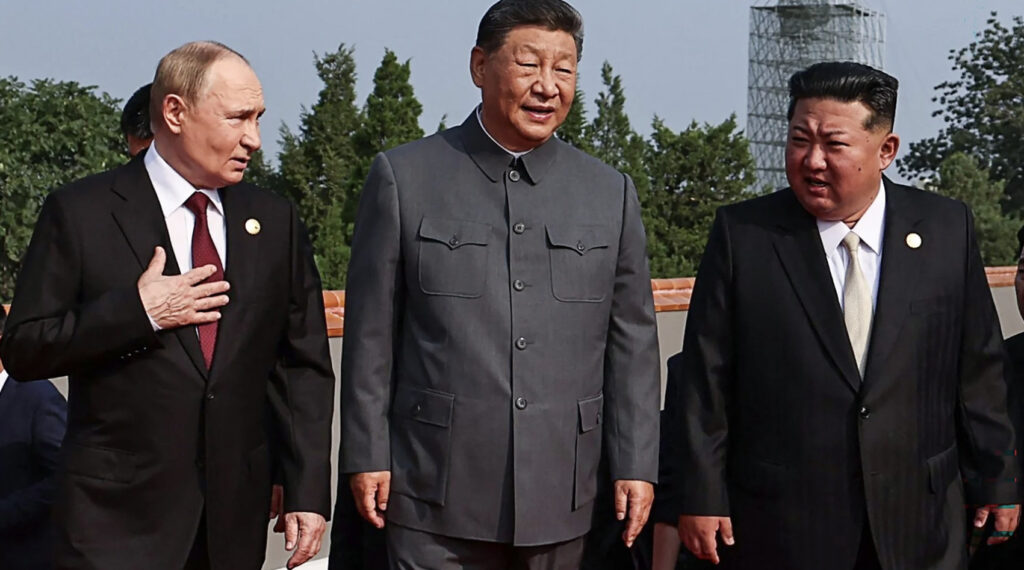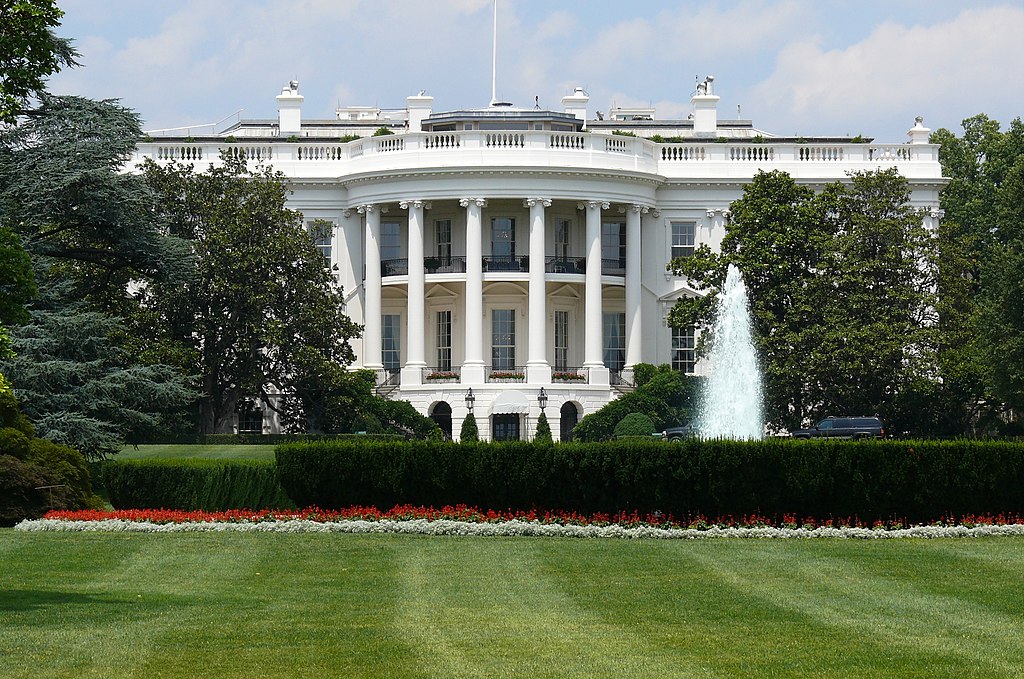[en]
Start with part 1!
Yesterday I started writing “a blog post” to capture my coalescing thoughts about the open web and how to remove friction from blogging. Not all of it: some friction is good. But enough that people like me don’t get so easily drawn away from their blogs by “The Socials”.
So far, in Rebooting The Blogosphere (Part 1: Activities) I have distinguished four types of “activities” we carry out in online social spaces:
- reading
- commenting/reacting
- writing
- sharing.
Today, I’ll focus less on the actions an individual carries out, and more on the interaction between individuals. The wonderful thing about blogs is that they lowered the barrier to personal expression online, which in turn makes dialogue possible. But dialogue can take many forms.
Before I go any further, I would like to address a few points Dave brings up in his podcast from yesterday, because I actually started yesterday’s post with the intention of responding to it (amongst other things), but he put it up while I was already writing.
I love what Dave describes doing in the very early days, if I understood it right: write something, send it by e-mail to handful of people, and have a first round of discussion with that smallish group before publishing, and including value-adding responses to the publication. All this, scripted so that it was as frictionless as possible for him. This reminds me of Bruno Giussani‘s “Promote Comments Plugin” idea. It also fits with the idea I insisted upon yesterday that there is an added value to making the discussion about something available in the same place as that thing.
It is also reminding me of one aspect that I hadn’t thought about covering in this post-become-series: managing who the audience is. I firmly believe that allowing conversations to take place in closed or semi-public spaces is vital (cf. context collapse) – proof the number of people who take part in closed groups on Facebook or who share updates to “friends only“. I might have to make this a fourth part…
Dave describes a future tool in which comments (responses) get posted to the commenter’s blog and sent privately to the author of the original blog post, who can then decide whether to make it visible or not. For me, the second part of this process is already widely implemented in blogging tools, and has been for over a decade: its upfront comment moderation. Some people activate it, some don’t. On this blog, for example, if you’re a first-time commenter, your comment is not published. It is sent to me and I decide whether it’s worth publishing or not.
The first part is more interesting. It addresses the “ownership” issue of the comment, as tools like coComment or Disqus have tried to by providing a place all a person’s comments are collected. But it goes one step further and says: that place is the commenter’s blog. This is great and has been long needed. It would be interesting examine why previous attempts to do this across platforms have not stuck.
And this leads us to the topic of today: show my comments on my blog, but in what way? My comments are not the same kind of content as my posts. I don’t want my posts to be mixed up with my comments, everything on the same level. I’ll explain why.
Finally, Dave identifies some of the challenges with blog comments that I covered in yesterday’s post, but I’m not sure the current situation is as “broken” as he thinks. All that is missing, really, is a way to collect-own-display the comments I make all over the place in a space that is mine. Moderate comments upfront, or not? Or even, not have comments? That’s already possible, and up to the blogger. And yes, moderating comments or limiting who can comment directly cuts down tremendously on the spam and other bad behaviour issue.
Comments are about interaction – so are links between blogs. And as I mentioned yesterday, one thing the socials are really great at is interaction. You can spend your whole day on there (don’t I know it) interacting.
A way to look at interactions
I’m going to start by sticking with 1-1 interactions, to make it simpler, but I think this can be applied to interactions with more actors.
I think we all agree that exchanging letters with somebody (which I’m old enough to have done in my youth) is very different from talking on an instant messaging system. The key dimension that varies here is how (a)synchronous the interaction is. This drives a lot of the features we have in our social tools, and what makes them different from one another – just like in martial arts, the distance between the practitioners constrains the kind of techniques, and therefor the kind of fighting (interaction) that can take place.
I’d like to summarise it this way:
The length of contributions in an interaction is inversely proportional to how synchronous, or how conversational it is. And vice-versa.
Let’s unpack this a bit.
When Twitter showed up with its 140-character limit (which didn’t come out of nowhere, it was SMS-based), and constrained how much we could write in one go, it quickly became a place where we were “talking” more than “writing”, as we had been doing on our blogs. It was not quite as immediate as instant messaging, but somewhere in between. Like text messages.
In the early days of Facebook, if my memory serves me right, there was a distinction between sending a message to somebody (sorry, I can’t remember the terminology that was used, I’m not even 100% sure I’m remembering right) as some kind of internal mail, and chatting (or maybe they transformed the former into the latter and it changed the way we used it). In Discourse, you have both: you can send a message to somebody, or chat. Like you can e-mail somebody, or instant message them.
And I suspect I am not the only person to feel some degree of annoyance when I receive an “instant message” that should have been “an e-mail”, because it requires me to sit down, absorb a “speech”, and then figure out how on earth I’m going to respond to all that was said in one go, particularly now the person who sent it is not online anymore, because I had to wait until I had enough time to properly read it, digest it, and figure out my response.
Instant messaging works when it’s used for short things that you can take in at a glance (or barely more) and answer without having to think too much. It is conversation, with an asynchronous twist. When both parties are connected and interacting (synchronous), it is very close to in-person (or “on the phone”) synchronous conversation, but with this “optional asynchronicity”, as there is a blind spot regarding the context of the other party, and how it impacts their availability to read or respond right now, or even, to keep the conversation going. (If you’re on the phone with them or in the same room: they are available.)
When in “conversation mode”, contributions can become a bit longer, but not too long: if you throw a 3-page essay at somebody in an instant message or chat conversation, chances are you’ll lose them. Just like in-person conversation: if you monologue for 10 minutes at the person you’re talking with, you don’t have a conversation anymore. And actually, this pretty much never happens: there are non-verbal cues that the person opposite you is going to give that will either interrupt your monologue, or reveal that it is in fact a dialogue, when taking into account non-verbal contributions of the listener. But when you’re typing in an instant-messaging box, there is none of that.
Back to blogs. A blog post does not have the same conversational qualities as a response to a tweet. Blogs live in a more asynchronous interaction space than the socials or chatting. Comments are generally more conversational than blog posts. But probably less than updates on the socials.
“Allowed length” of contribution plays a role in shaping the kind of interaction, as well as design. If you’re typing in a tiny box, you’re less likely to write an e-mail or a blog post. If you’re typing in a box that uses up the whole screen, you’re less likely to write only one sentence.
Why did so much conversation move from blogs and chats to socials? I think that it is because they are in some sweet space on the (a)synchronicity continuum. They allow belated responses, but also real-time interaction. Notifications are key here, as is the fact that writing/responding are pretty much the same thing (same on Twitter or Bluesky or Mastodon, not-quite-same on Facebook, but close enough) and in the same space as reading/listening. It’s super easy to jump in and out of conversation. Frictionless.
So, it’s not just about reducing friction around reading blogs, writing blog posts, and commenting on them: it’s also about how we integrate the blogosphere and the socialsphere. One cannot and should not replace the other. There will always be people who like writing stuff. And others who are just happy to interact or react. And it doesn’t make sense to corral them into separate spaces.
Does anybody remember Backtype? I didn’t. Well, I do now after reading my blog post. The idea was to find a way to bring “back to the blog post” conversation about it that was happening on the socials (gosh, I really hope it’s not too annoying for you all that I’ve started saying “the socials”, it’s just really practical; my apologies if it grates on you). What about Diigo comments?
There is a common theme here: somebody writes a blog post. There is discussion about it or prompted by it – in the comments, on other blogs, on Bluesky, Facebook, Twitter and Mastodon, even Threads. How do we give easy access to these fragmented conversations (I think conversation fragmentation is now something that we have accepted as inevitable and normal) to those who are reading the post? And how do we do that in a way that a) leaves some control in the blogger’s hands over what to show and not to show (less spam) and b) allow people participating in the conversation to keep ownership of their content, in the sense that even if it can be made invisible in a given context (e.g. on the blog post), it cannot be outright removed by a third party, and remains “on the record” of the person who wrote it?
Who owns the conversation?
There is a lot of talk about retaining rights or ownership to one’s content. But who owns a conversation? Or beyond that, a community? The whole is more than the sum of the parts. When people come together to create something together (including relationships), who owns that? I mentioned previously that when facebook allows you to “download your content”, that doesn’t seem to include comments (wait, I have a doubt now – I think the export used to, but not anymore, correct me if I’m wrong, as I can’t go and check easily). Or comments by others made on your posts. In any case, say you can download your comments: a lot of them are contributions to conversations, and make little or no sense without their context – the publication the conversation took place about, other people’s comments.
I think there needs to be some kind of “collective ownership” understanding, which is more nuanced than “I wrote it, I have power of life or death over it”. When does something you offer up to the collective cease to be completely yours? In my opinion, it remains yours in the sense that it cannot be taken away from you against your will. Corollary: if contributions to a conversation or a community also “belong” to the conversation or community, then it should not be possible to take it away from them unilaterally. This is something that needs to be thought out further: does it mean that I should not be allowed to remove my blog from the web?
What is clear at this point: we need to think beyond “atomic” contributions and also think about how our tools manage the collective creations that are conversations and communities.
So, let’s sum up today: interaction is not a monolith. Online conversations occur at varying speeds and are made up of contributions of varying nature. Reclaiming and rebooting the blogosphere and the open web needs to take that into account and embrace it, and figure out how to bring it together in an open way, with frameworks, standards, protocols or the like, not yet another “One Platform to Replace Them All”.
That will be tomorrow, in part 3.
Thanks for reading, and don’t hesitate to react: on the socials, here in the comments, or on your blog!
